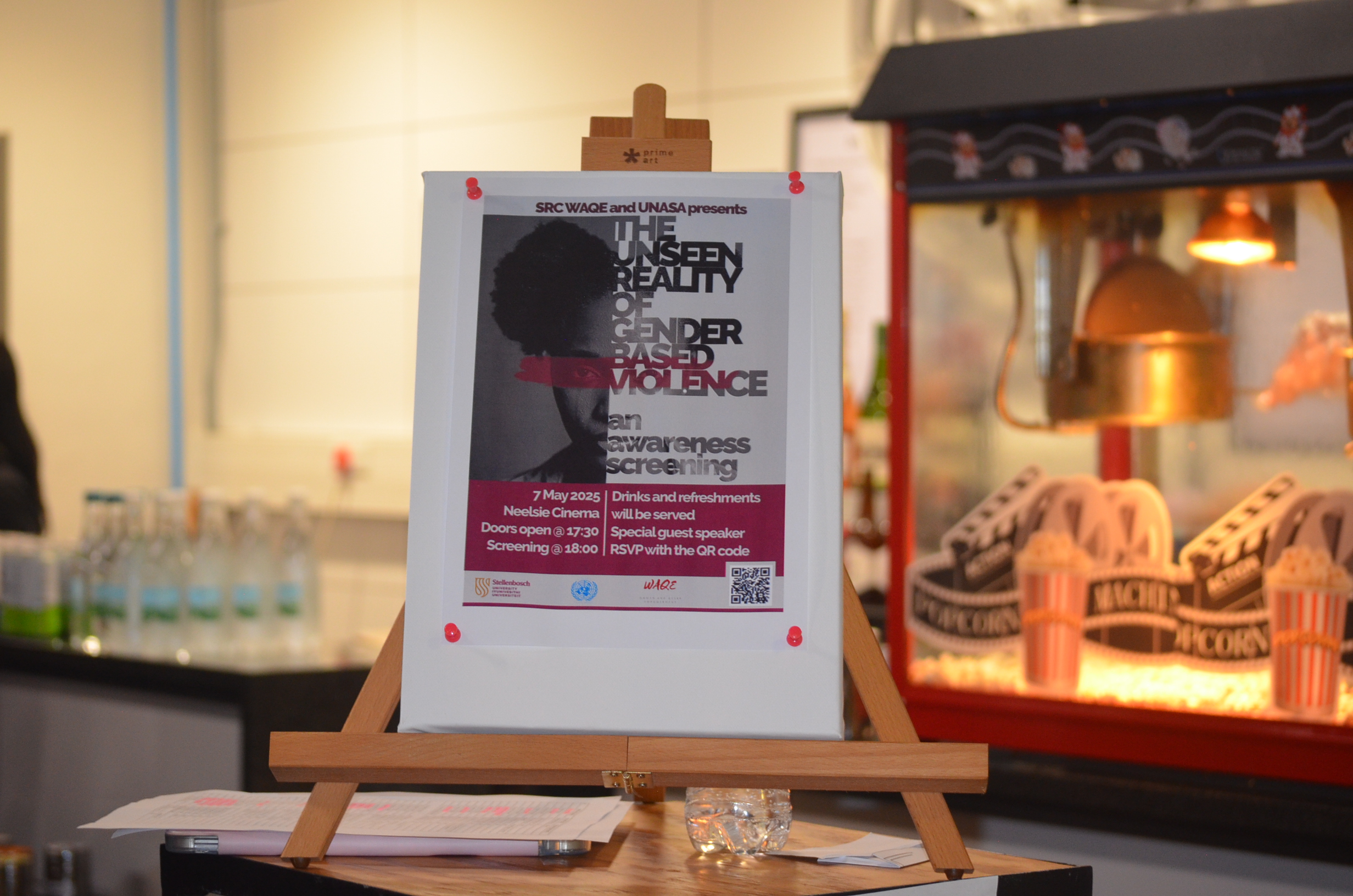ANNERI COETZEE
Officially kicking off next week Tuesday, the first round of exams for Maties are here. Some students are more prepared than others. So, what does one do when you have forty-five chapters to memorize and only twenty-four hours to memorise it?
The first thing you should do when you’re unprepared for an upcoming exam and the clock is ticking, is to remain calm, says Dr Eileen Sinclair, head of the Unit for Academic Counselling and Development at the Centre for Student Counselling Development (CSCD/ SSVO).
The Yerkes-Dodson law, coined by educational psychologists Robert Yerkes and John Dodson, pro-vides that study performance is enhanced with an increase in stress (mental arousal), but only to a limited extent.
Once the limit is reached or passed, the brain shuts down and restricts the amount of information it absorbs and retains.This is a bio-psychological phenomen which results from your body going into “emergency”- mode.
If you are too stressed, it may therefore become impossible for you to process, retain and recall new information during your exam. In cases of severe stress by students, it is almost impossible to master complex work, memorise facts and solve problems.
Some stress, however, is beneficial and in fact neccessary for high quality performance. “Stress is not necessarily bad. You need healthy stress to function optimally. However, once stress intensifies over a longer period of time, psychological stress results,” adds Sinclair.
You can decrease your stress levels in a variety of ways. One of the most effective ways is to get an endorphin-boost through exercise.
Multitudes of scientific studies demonstrate the strong causal re-lationship between endorphins, a reduction in stress and a reduction in feelings of depression.
So run around the block or if you are lucky enough to have a gym subscription, use it.
Johanness de Villiers, yoga instructor at the Hot Yoga Studio and author of the meditation guide Kalmte in die Malle Gejaag, recommends a relaxation exercise aimed at increasing mental con-centration if you do not have time to break a sweat. “Lie on your back on the floor.
Close your eyes, exhale and relax. Focus all of your attention on your pinky-toes, noticing any ten-sion in the muscles and the tem-perature or texture of the skin.
Repeat the exercise on every toe. Then your ankles, then your knees, and thereafter every part of your body up to the top of your crown.
Take 5 slow breaths, as slow as you can, then open your eyes and retreat to your study table,” he suggests.
Once you have calmed down, Sinclair suggests making a comprehensive list setting out vari-ous tasks and writing down clear time-allocated goals regarding the things you still need to do, to ensure you use the time you have left optimally. This involves considering the weight different work will carry.
The CSCD will be facilitating a stress management workshop today (15 May) at 13:00 at Den Bosch next to the Konservatorium. The workshop is free.



